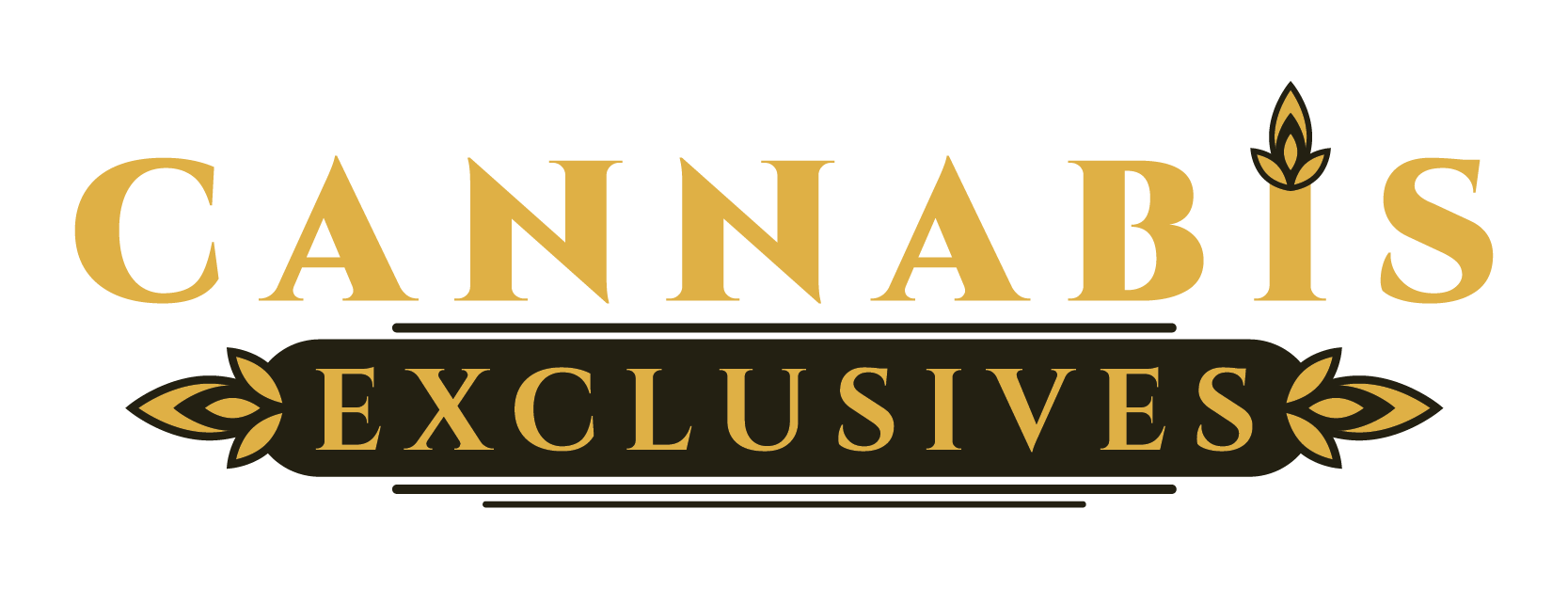Are luxury cannabis lounges the future of social consumption? The answer, like a good terp profile, is layered. On one hand, curated spaces now look more like boutique hotels—concierge service, mocktails, programming. West Hollywood’s Studio Lounge by The Artist Tree offers table service, device rentals, and a 700-plus product menu, signaling how hospitality-forward the model has become.
Policy is finally catching up in some places. California’s new AB 1775 lets lounges sell non-alcoholic food and host live entertainment, essentially creating Amsterdam-style cafes and opening new revenue streams beyond grams and prerolls. But implementation is patchy: San Francisco has yet to allow food service despite the state green light, a reminder that local rules still decide the vibe—and the P&L.
Las Vegas, long expected to be ground zero for cannabis hospitality, shows both promise and peril. Planet 13’s DAZED! lounge is open and splashy, but the city’s first state-licensed lounge, Smoke & Mirrors, shuttered after about a year, citing weak traffic, compliance costs, and the no-alcohol rule. The lesson: luxury alone can’t overcome tight regulations and thin margins.
Elsewhere, progress remains incremental. Denver has issued hospitality licenses, but operators have wrestled with ventilation standards and the realities of running smoke-friendly spaces; the city’s only long-running lounge for years allowed vaping and edibles only. Nevada even eased some ventilation requirements to lower buildout costs, yet openings have been slower than anticipated.
Public-health guardrails are another design constraint—and an ongoing cost line. AB 1775 and local health agencies require measures like robust ventilation and even employer-provided respirators for staff where smoking occurs, while public-health groups warn ventilation can’t fully mitigate secondhand smoke. Costs add up fast. Those rules influence floor plans and staffing.
A twist on the model is private, members-only clubs that trade on community and exclusivity. West Hollywood’s new Sunset Social Club blends a coworking feel with upscale lounge service, monthly dues, and curated programming—an approach that leans into repeat visits rather than tourist novelty.
And the map is still being drawn. Massachusetts is finalizing rules for cafes and events, while New York’s regulators continue to outline how on-site consumption licensing will work, signaling more laboratories for hospitality concepts ahead.
So, are luxury lounges the future? They’re a future—especially in dense, tourist-heavy markets where home consumption is tricky and hotels still ban smoking. In West Hollywood and San Francisco, lounges give adults a legal, social setting that mirrors cocktail culture—minus the alcohol. And in Las Vegas, tying experiences to major retail footprints and events programming appears to be the survivable play.
But the business case is far from plug-and-play. Operators can’t sell alcohol, must navigate complex HVAC and worker-safety rules, and face uneven enforcement that lets unlicensed events siphon demand. Many lounges need diversified revenue—ticketed shows, memberships, private rentals, food programs—to pencil. Even then, profitability isn’t guaranteed; industry analysts say social-use venues remain challenging to run in today’s market.
The bottom line: luxury lounges won’t replace living rooms, backyards, or casual seshes. They’re part of a broader consumption mix that will likely be city-specific, experience-driven, and regulation-shaped. The winners will pair hospitality chops with compliance rigor—more supper-club than speakeasy—while building communities that come for the atmosphere and stay for the calendar. If that sounds like nightlife 2.0, it is. But it’s rolling out one city ordinance at a time—and the velvet rope is the law.
